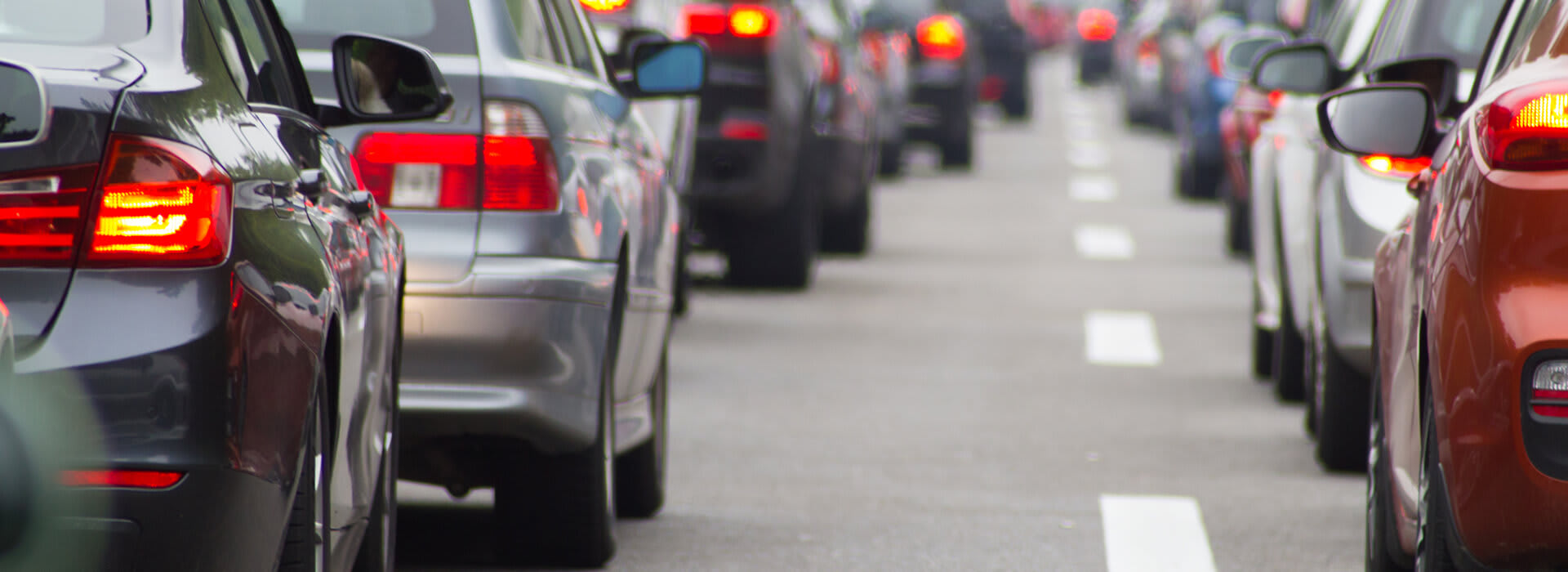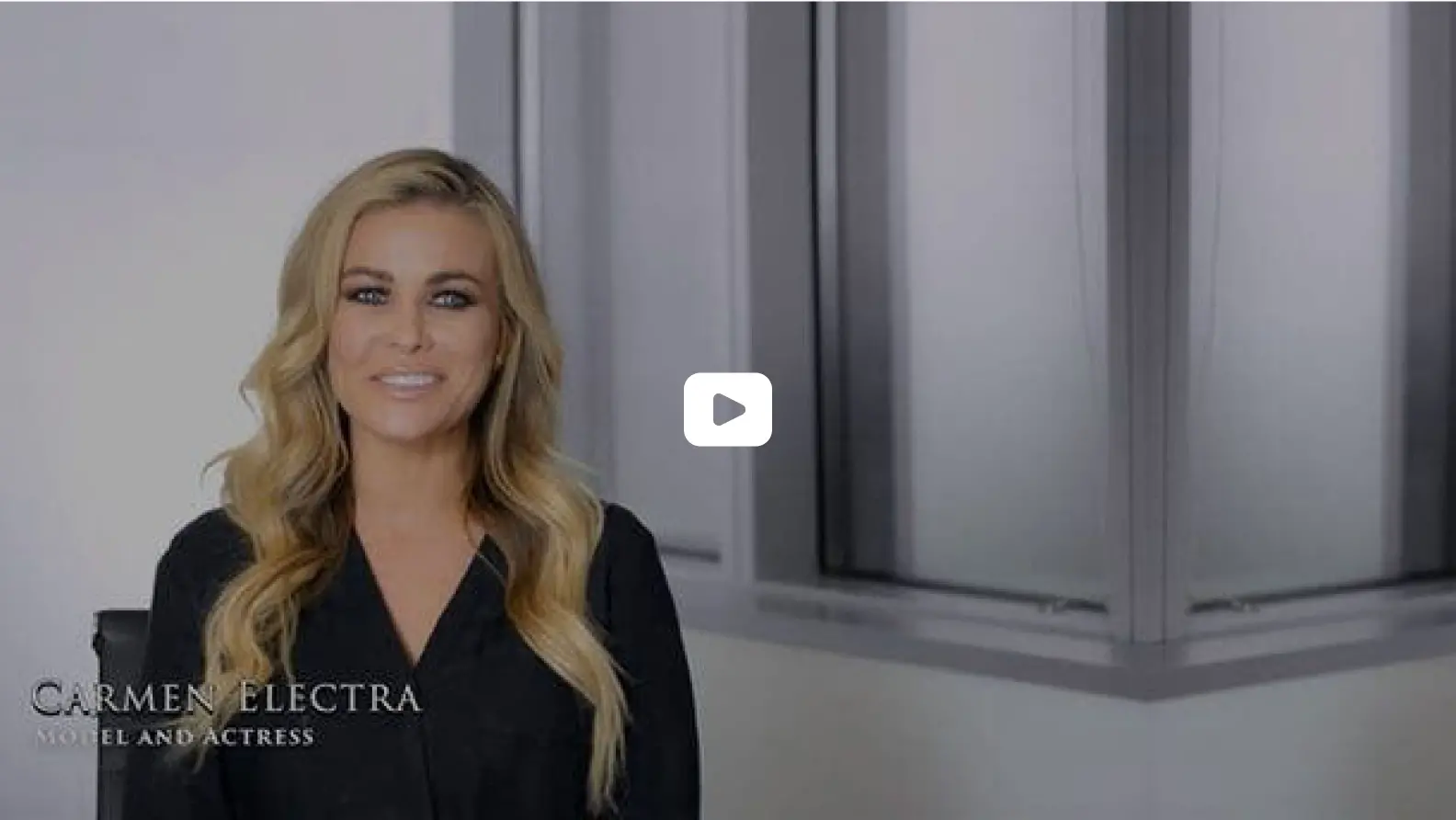
Uber Passenger Medical Emergencies
What to Do if Your Uber Passenger Has a Medical Emergency
Popular television shows, such as Taxicab Confessions, showcased the myriad of idiosyncratic passengers that drivers run into in the transportation industry. Rideshare drivers themselves are treasure troves of entertaining stories and experiences. But when urban legends, such as women giving birth in the back seat become reality, liability becomes an issue.
Our Uber and Lyft accident lawyers at West Coast Trial Lawyers understand rideshare law, liability, and insurance policies with regards to the changes that have been made for AB5 and Prop 22.
Uber and Ambulances
Most emergencies happen unexpectedly. Due to the urgency of an emergency, most people call for an ambulance and do not expect their bill to be well over $300 dollars. However, in a survey conducted in 2020, nearly 4 in 10 Americans admitted to borrowing money to cover for a $1,000 charge for going to the ER. Among these participants who dealt with an unexpected hospital expense in the past 12 months, the median amount of the highest charge was $1,750.
Ambulances can be publicly owned, owned by a non-profit, or owned by a municipal organization: but they all charge well over what they usually collect. This is due to the need for emergency medical staff and equipment. An ambulance company may send out several bills to insurance companies, such as Medicare, as well as statements to the sick individual. These bills, however, often end up in collections if the passenger cannot afford to pay.
Rather than deal with the aggravation and inflated fees that come with an ambulance, many people take their chances with an affordable Uber.
People prefer Uber over calling an ambulance because of the following:
- Cheaper than what an ambulance charges.
- Rideshare drivers are typically closeby.
- Rideshare drivers arrive quickly.
Steps to Take if Your Passenger Gets Sick
As a driver, it is your right to refuse service to anyone. However, after you have allowed them to enter your vehicle, you do owe that passenger a duty of care. Listed below are a few steps to take in case your passenger gets sick while you’re en route.
- Assess the situation. Verbally communicate with the passenger to check their level of coherency.
- Pull the car over. Pulling over to a safe space is important, as the motion of the car could further harm a passenger who’s sick.
- Call 911. Alleviate all liability by calling medical professionals who are trained to deal with these situations.
Does AB5 Change Uber’s Sick Passenger Liability?
Though many passengers have been using rideshare vehicles instead of ambulances, they do not understand the position they’re putting the driver in. With regard to a case where an Uber driver saved a sick man’s life, legal professional Veena Dubal explains, “You’re not liable if you refuse to take them. You’re under no legal obligation to care for them until they get in your car, and then you’re a proprietor conducting business.” She continues, “There have been cases where business owners haven’t protected people from violence who walk onto their property, and the courts have said there’s a special relationship between the business owner and customer, and the business owner acted negligently by not keeping the customer safe. In this case, the business owner would be the Uber driver, once the rider gets into the car.” This is crucial to note, due to passengers being banned from Uber in the past.
This basically means that once the sick person enters your car, you do have a duty of care for that person.
A spokesperson for Uber responded with, “Uber is not a substitute for law enforcement or medical professionals. In the event of any medical emergency, we encourage people to call 911.”
AB5 was expected to change the employment status of an “independent contractor” to “employee.” If treated the same as other drivers, such as bus drivers or professional drivers, then the company could have been held liable in case of an accident. The victim could have claimed that the company was liable for:
- Respondeat superior
- Negligent hiring or retention
- Negligent lending of a vehicle
- Negligent maintenance of a vehicle
However, since Prop 22 is currently in effect, Uber rideshare drivers remain classified as independent contractors until a final decision can be made under California’s Supreme Court on whether this ballot should remain active.
West Coast Trial Lawyers Is Here to Help
When someone else’s negligence is the main contributing factor of your Uber or Lyft accident, you will be given the right to file a lawsuit against that party. A skilled Uber and Lyft Accident lawyer at West Coast Trial Lawyers is available 24/7 to provide legal assistance. We will help you recover maximum compensation for your losses.
Our personal injury law firm proudly offers no-cost, risk-free consultations to Uber and Lyft accident victims. Contact us today by calling 213-927-3700 or filling out our quick contact form to claim yours today.
Areas We Help with Rideshare Injuries in California
- Bakersfield
- Beverly Hills
- Frenso
- Glendale
- Irvine
- Long Beach
- Los Angeles
- Newport Beach
- Pasadena
- Riverside
- San Bernardino
- San Francisco
- Solana Beach
- Woodland Hills
Related Resources



